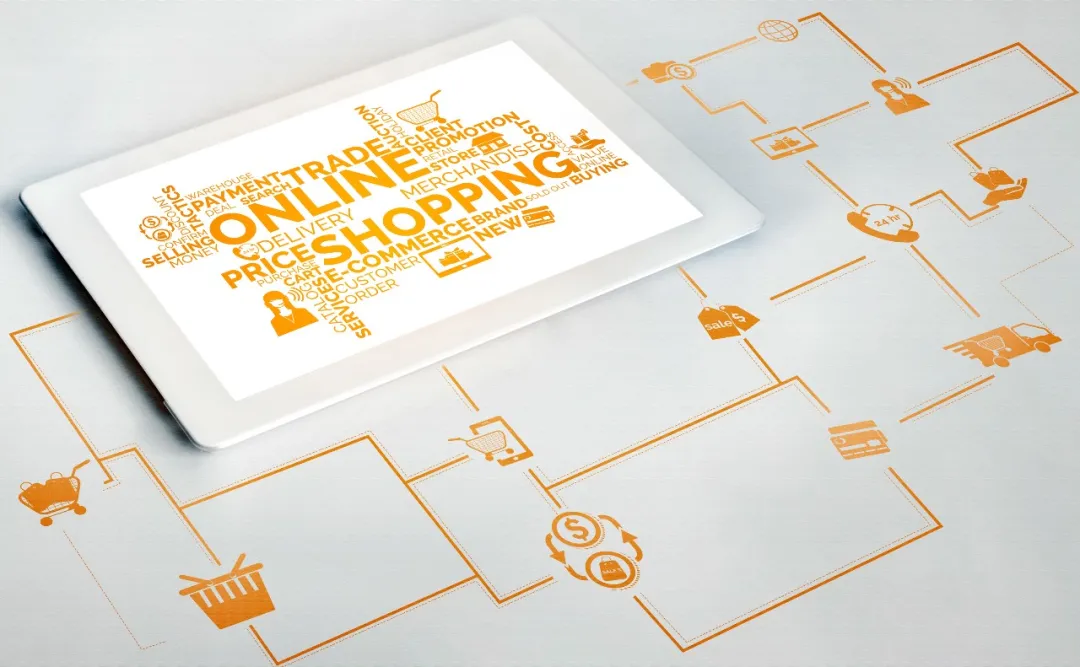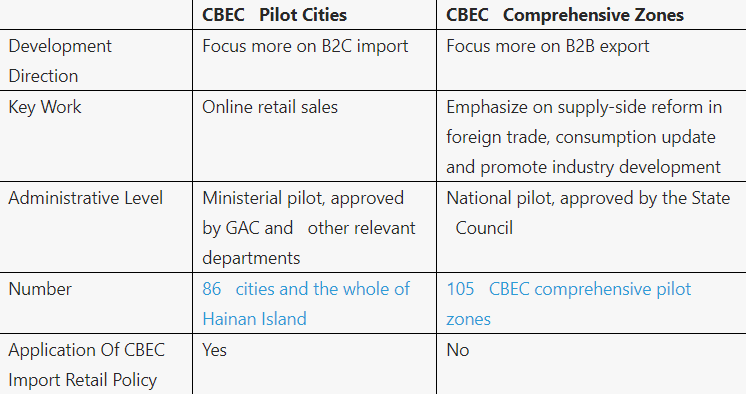
However, it may not apply to fresh food such as meat, aquatic products and fruit.
According to the remarks for fresh food products and the note 1 in the Positive list, CBEC-traded fresh food can only be imported through the bonded warehouse model and they still require inspection and quarantine following what is specified in corresponding inspection & quarantine supervision administrative measures. In this case, the products should be granted market access approval.
* CBEC Positive list: https://food.chemlinked.com/epublication/list-of-import-goods-through-cross-border-e-commerce-2019-edition
As revealed by Notification on Optimizing CBEC Retail Import Supervision issued in 2018, CBEC policy only applies to pilot cities. It mean that if the products mentioned above are imported through pilot cities, then they are exempted from registration/filing or other administrative approval. However, if enterprises export products to non-pilot cities through bonded warehouse model, CBEC policy will not be applicable and product registration will still be required.
At present, 86 CBEC pilot cities* and the whole of Hainan Island are eligible for the CBEC policies.
* 86 CBEC pilot cities: https://food.chemlinked.com/news/food-news/hainan-island-and-50-other-cities-become-cbec-pilot-cities

Further reading:
For Foods: https://food.chemlinked.com/news/food-news/tmall-global-releases-a-prohibited-and-restricted-ingredients-standard-for-cbec-infant-formula-health-foods-and-pet-foods
For Cosmetics: https://cosmetic.chemlinked.com/news/cosmetic-news/tmall-global-releases-a-prohibited-and-restricted-ingredients-standard-for-cbec-cosmetics
In addition, the official authorities will also conduct risk monitoring on CBEC products and those non-compliant products will be recalled and/or other measures taken. For example, the Barium content of a batch of red crayon made from natural soybean was found to be out of limit by the monitoring center. After verifying with the imported consumer products recall technical center, this batch of product was recalled immediately. Apart from that, a batch of feeding bottle made in USA was also found unqualified by analyzing the consumer appraisal.
* Further reading: https://food.chemlinked.com/news/food-news/official-announcement-and-interpretation-latest-cbec-policy-china2
* Advertising Law of the People’s Republic of China (2015):
https://food.chemlinked.com/epublication/ebook/advertising-law-peoples-republic-china-2015
Comments are closed.




Recent Comments